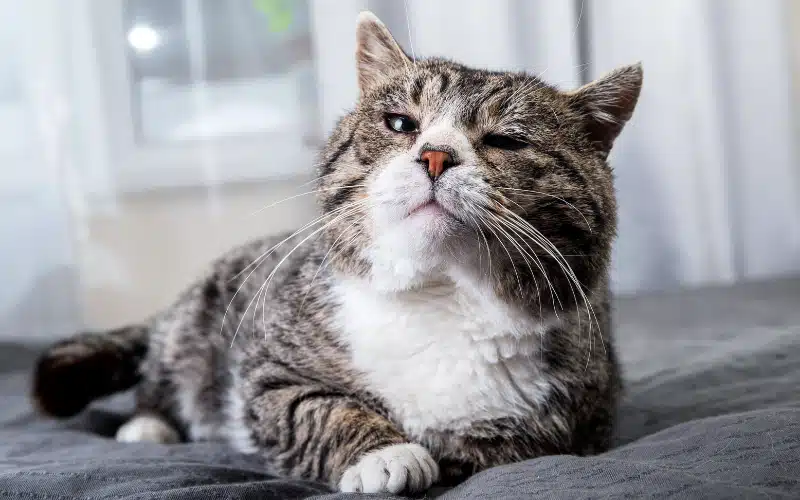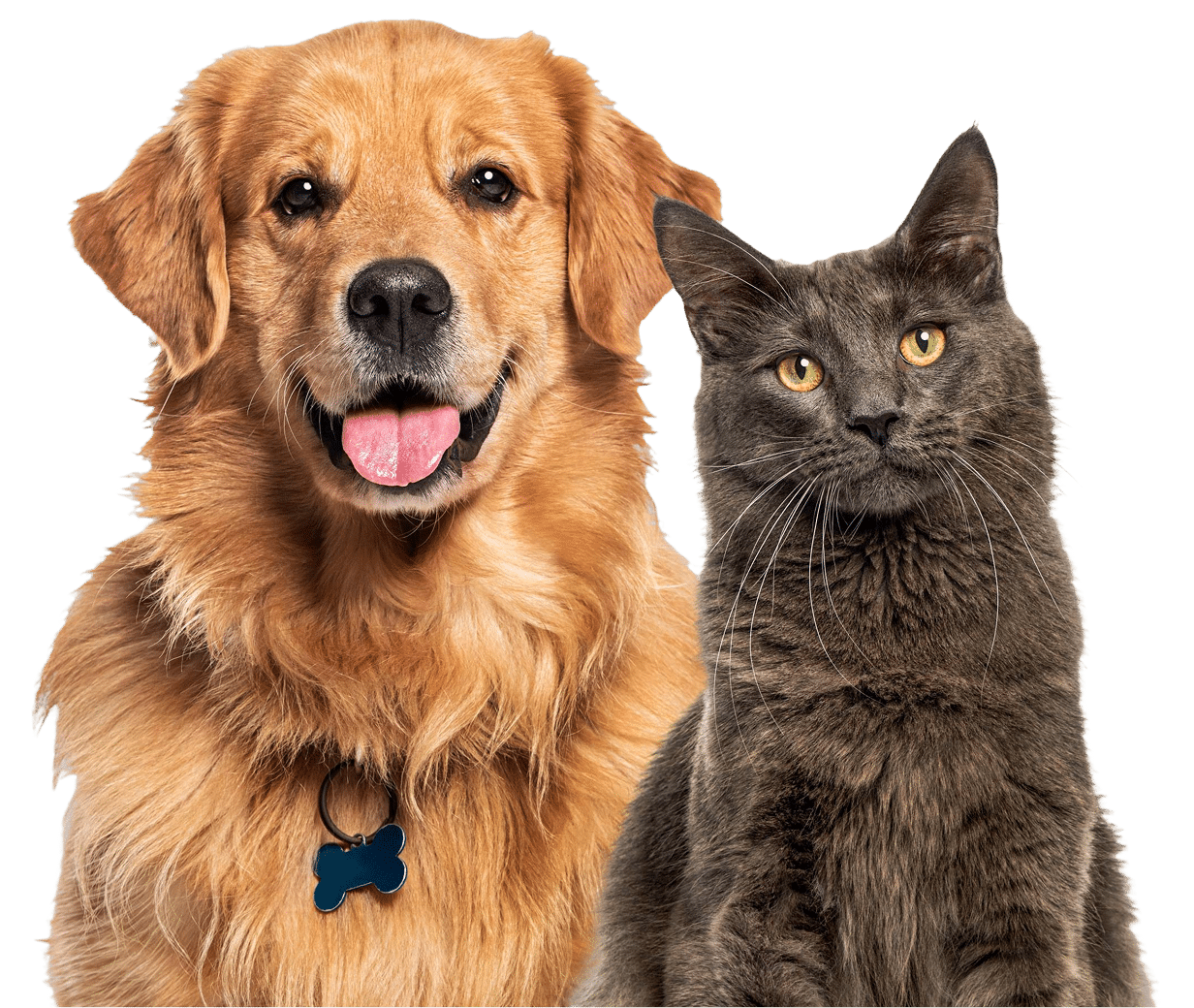
Is Your Senior Pet in Pain?
Is Your Senior Pet in Pain? Not Sure? Read on to find out how to keep them comfortable as they age.
Recognizing pain in senior pets can be challenging, but there are several signs you can look for:
- Changes in Behavior: If your pet is more withdrawn, less active, or seems to avoid social interaction, it could indicate pain.
- Vocalization: Unusual whining, yelping, or growling can be a sign that your pet is in discomfort.
- Changes in Appetite: A decrease in eating or drinking can signal pain or discomfort.
- Limping or Difficulty Moving: Watch for any limping, reluctance to jump or climb stairs, or difficulty getting up from a resting position.
- Changes in Grooming Habits: If your pet is grooming less or has unkempt fur, it might be due to pain making it difficult for them to groom themselves.
- Aggression or Irritability: Some pets may become more aggressive or irritable when they are in pain.
- Changes in Sleeping Patterns: Increased sleeping or restlessness at night can also indicate discomfort.
- Posture Changes: A hunched back, tucked tail, or reluctance to lie down can be signs of pain. If you notice any of these signs, it’s essential to consult your veterinarian for a proper assessment and guidance.
Helping senior pets with pain and osteoarthritis (OA) can involve several approaches:
- Veterinary Care: Consult your veterinarian for a proper diagnosis and to rule out anything more serious. If it’s OA they may recommend pain relief medications, anti-inflammatory drugs, or supplements as a first line treatment.
- Weight Management: Keeping your pet at a healthy weight can reduce stress on their joints. A balanced diet and regular, gentle exercise can help maintain their weight.
- Nutrition: As your senior pet ages, their nutritional needs can change. Ask your veterinarian if a special diet can help your pet, particularly if they have any issues with their kidneys or gastrointestinal system.
- Comfortable Environment: Provide a soft, supportive bed and avoid slippery surfaces to help your pet move around more easily. Yoga mats and other textured flooring can be extremely helpful.
- Rehabilitation: Some pets benefit from physical therapy or rehabilitation exercises designed to improve mobility and reduce pain.
- Integrative Therapies: Consider options like acupuncture, massage, or hydrotherapy, which can help alleviate pain and improve mobility. K-Laser, an FDA cleared therapeutic treatment, helps manages pain and inflammation while accelerating tissue regeneration therapy.
- Regular, Gentle Exercise: Short, frequent walks and gentle play can help keep your pet active without overexerting them.
Always consult with your veterinarian before starting any new treatment or therapy for your pet. Animal Emergency Hospital Volusia offers a full rehabilitation and pain management program. If you feel your pet may be experiencing pain, give us a call at 386.252.0206.



